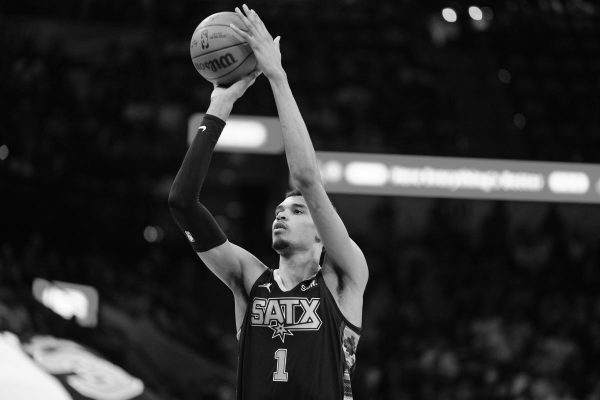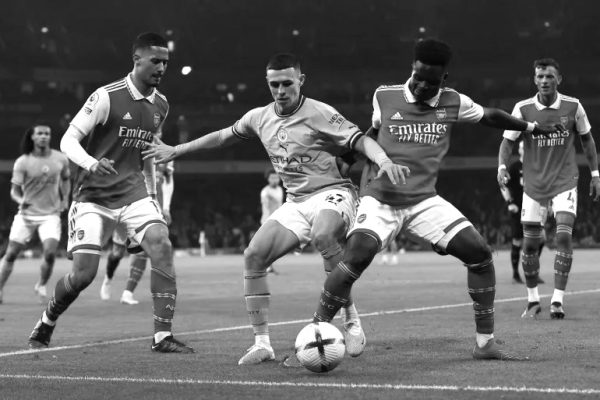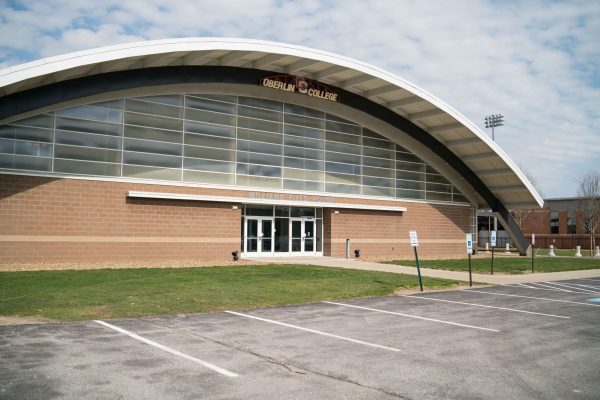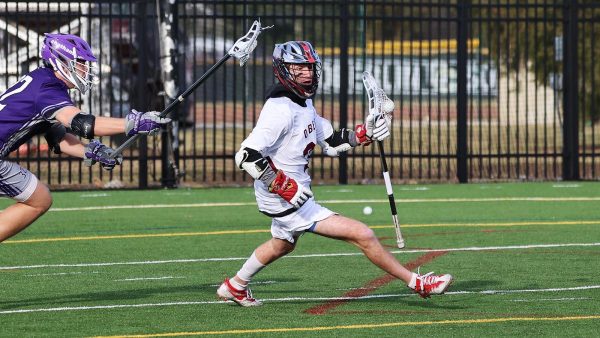Professional Athletes Risk Image for Autonomy
Eric Bledsoe, who tweeted “I don’t wanna be here” Oct. 22, was traded from the Phoenix Suns to the Milwaukee Bucks Tuesday. While he claimed that he referenced being in a barber shop, Bledsoe has not been with the team since being sent home by Suns General Manager Ryan McDonough after the tweet. Bledsoe’s bizarre departure from Phoenix is just the latest installment in athletes using social media to voice their opinions and the risks that run with it.
The Phoenix Suns had no place for Eric Bledsoe on their roster, and keeping him there was a waste of his prime years. With one of the youngest cores in the league, centered around 21-year-old Devin Booker, the Suns do not plan to contend for a while. Bledsoe, on the other hand, is 27 years old, and has bounced between the bottom-feeding Los Angeles Clippers and the Suns, both of which have failed to let him live up to his expectations as a “mini-LeBron,” as he was nicknamed by scouts after coming out of college. Twitter may have hurt his public image as a competitor — as people questioned his willingness to play — but it did give him a say in where he is going to suit up, which is something that not all athletes get.
However, the double-edged sword of social media does not always land players what they want and can even alienate them from their fans and teammates. In summer 2016, Kevin Durant spurned his teammates and shocked the world by leaving the Oklahoma City Thunder and joining the Golden State Warriors, and has taken heat for it ever since from fans. After being called a snake so many times on Twitter he joked about getting a snake tattoo, Durant has not kept a level head through his public shaming by the NBA’s faithful.
Everything rose to the surface this summer when he responded to a fan’s tweet asking why he left the Thunder. Durant said that his old franchise’s roster “wasn’t that good” and that he did not want to play for Coach Billy Donovan. The tweets were met with confusion, as Durant had never publicly called out his old teammates before, and it was revealed that Durant thought he was retweeting from an alternate account. Since then, even his new Warriors teammates have been concerned with his obsession with public opinion. While it has not seemed to hurt his performance thus far — since he averages 24.8 points, 7.7 rebounds and 5.0 assists per game — it has certainly hurt his reputation both in and out of the locker room.
Professional sports is a business, and although team loyalty is expected of individuals — unless they want to watch their jerseys get burned — teams rarely reciprocate that devotion. Isaiah Thomas, who resurrected his career last season by averaging 28.9 points per game and bringing the Boston Celtics back to championship contention for the first time in seven seasons, gave everything he had to Boston. Even after his sister died before the start of the playoffs last season, Thomas ground through his emotional state to deliver a 33-point game against the Chicago Bulls. This summer, he led the recruitment campaign of All-Star forward Gordon Hayward. But the Celtics traded Thomas for Kyrie Irving right before the start of the season. Players’ voices are potentially damaging, but teams’ voices speak louder.
Just two weeks ago, Bob McNair, the owner of the Houston Texans, likened NFL players protesting to “inmates running the prison,” and was met with immediate criticism. Although the team did consider skipping the following practice, the athletes ended up playing the Seattle Seahawks the next Sunday, losing 41–38.
While professional athletes should double-check what they write before they post on social media — like when Larry Nance Jr. tweeted “Gee I sure hope Kobe can keep his hands to himself in Denver this time. #rapist” before getting drafted by the Los Angeles Lakers — the autonomy to express themselves publically online translates into greater control over their careers.






